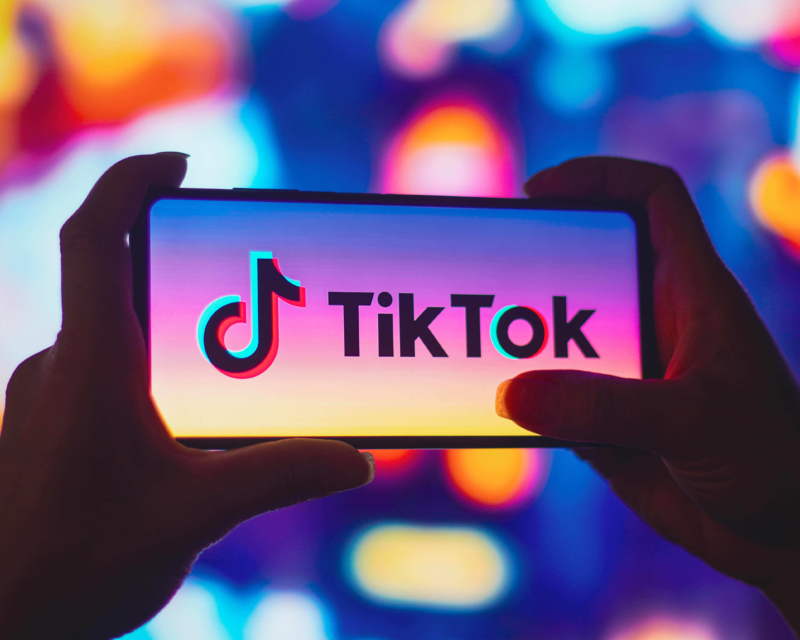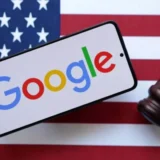TikTok’s Legal Battle Beginning Next Week in the U.S.
Next week, a pivotal moment in TikTok’s fight for survival in the U.S. will play out in the Court of Appeals for the District of Columbia. The case, TikTok v. Garland, centers on the U.S. government’s attempt to ban the popular social media app, citing national security concerns. But here’s the kicker: the evidence underpinning these concerns is classified, meaning TikTok – and the public – may never see what’s driving the government’s case.
The Department of Justice argues that TikTok, with its ties to Chinese parent company ByteDance, poses a clear and present danger to national security. The issue? Revealing the specifics of this threat would, according to the government, also endanger national security. So, it’s a battle fought in the shadows, where TikTok’s lawyers aren’t even privy to the details of the accusations they’re defending against.
At stake is more than just TikTok’s U.S. presence; it’s about free speech and the limits of government secrecy. TikTok argues that banning the app would violate the First Amendment, as millions of Americans use it to communicate and express themselves. The company claims the government’s case amounts to censorship, cloaked in vague warnings of potential espionage.
The case raises profound questions: Can the government withhold critical evidence in a free speech case, all while pursuing such a sweeping action against a widely used platform? If so, what does that mean for transparency and fairness in future national security cases involving tech companies?
As the court deliberates, the outcome could reshape the legal landscape for how the U.S. handles foreign-owned technology firms. It could also determine the balance between national security and free speech in an era where global tech giants dominate online communication.
For now, TikTok’s fate in America hangs in the balance, as does the question of how much the government can keep secret in the name of national security.






